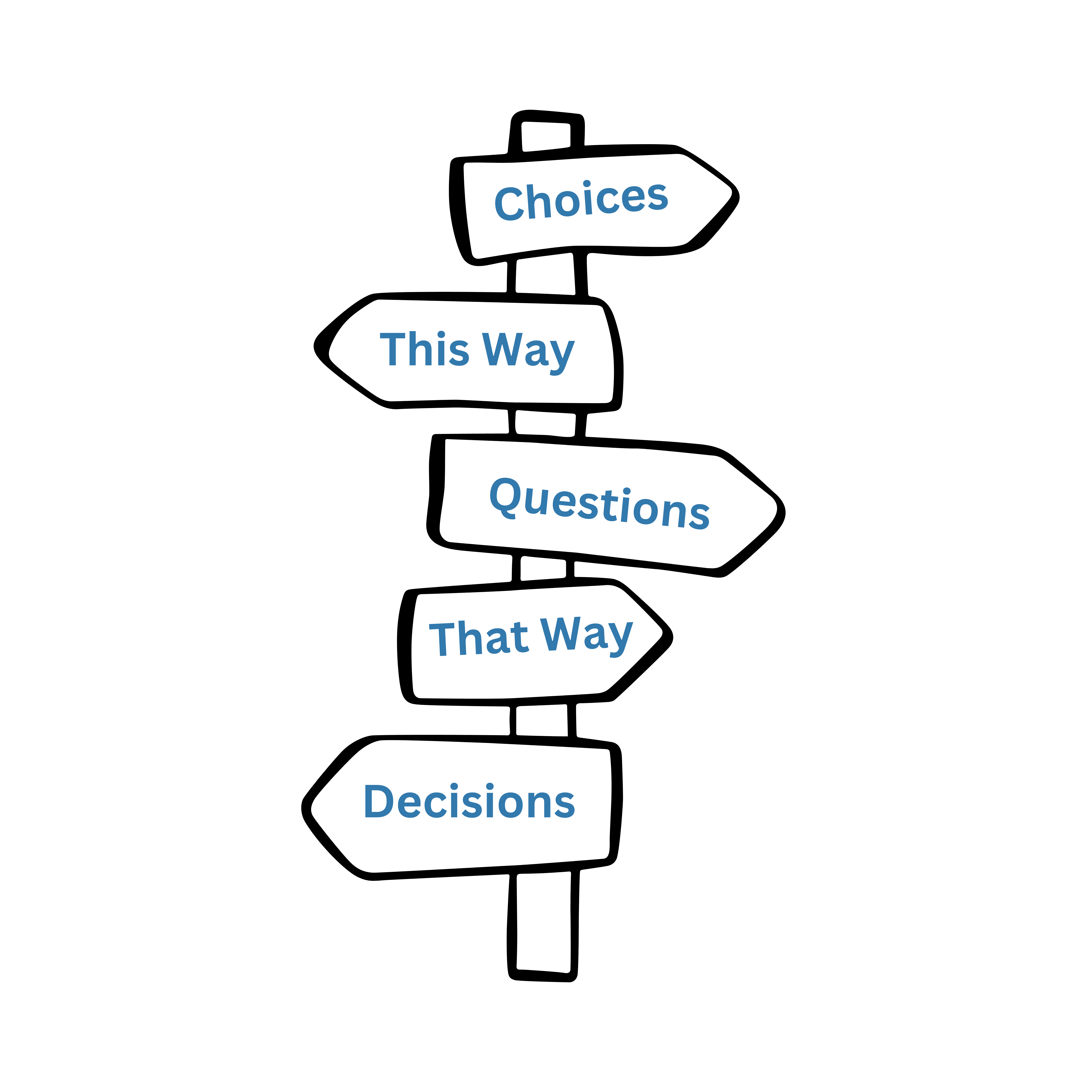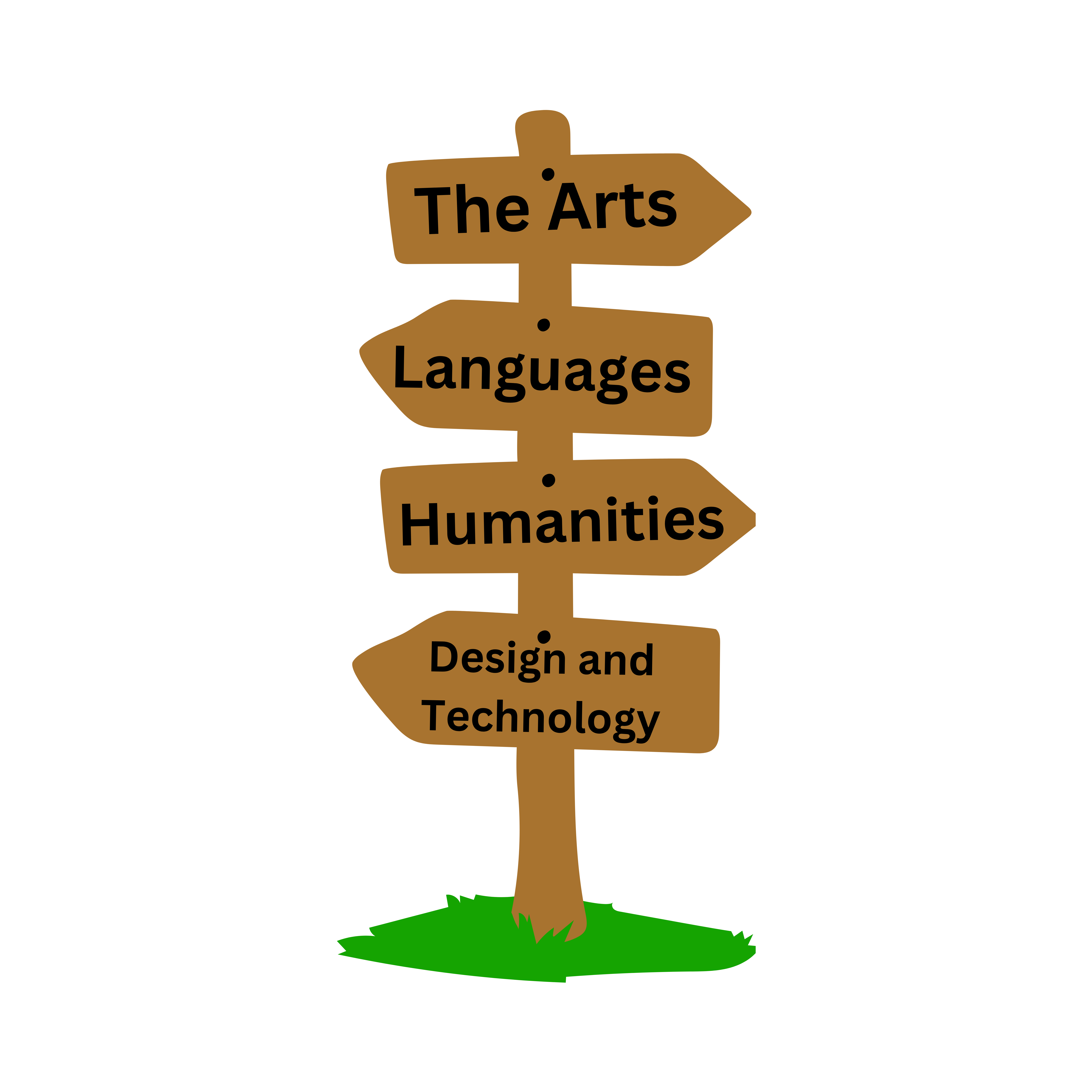Join me...
GCSE Options – A Parents’ Guide
Hi,
I’m Alix and it’s my mission to help as many of the next generation as possible work in jobs that meet their passion and purpose, making them happy and fulfilled adults. Join me in making sure your child is one of them by giving them the support and advice they need when choosing their options.

Today, your child stands at a crossroads, choosing subjects they want to continue to study, while discarding others. This article offers hints and tips on how to gently guide them in what to consider. Its aim is to ensure they get the best educational opportunities, while keeping these manageable and protecting their mental health.
Along with your worldly experience and the knowledge you have of your child, your valuable guidance will help them make informed choices, helping them develop into happy and fulfilled adults.
Their choice of options now could be the first step on their ultimate career path and I’m sure, bearing in mind how much time they’ll ultimately spend working, you want that time to be spent doing something they enjoy.
Too many people are grinding away in jobs waiting for retirement to focus on what they really, really want to do. Wouldn’t it be fantastic if your child worked in a job that fulfilled their dreams from the get-go?
Almost wouldn’t seem like work!

Note: with no support as I faced choosing my own options, and no guidance on how important my choices were - or the choices ahead of me after that - I know that my life would have been very different if some (any) kind of mentor had been around. Someone to explain what would happen if I went this way, or that. I was clueless – so clueless I didn’t even know I should be asking for help.
But, as you’re reading this article, I know you want to provide that support for your child and I’m glad and will support you both as much as I possibly can.
So, grab a coffee and snack (my go to signature) and let’s look at hints and tips you can give them.

When are GCSE options chosen and what are they…
At Key Stage 4, age 14, your child starts to narrow down their educational path, eventually leading them to a career. Over the next two years they will work towards their GCSEs, the results of which will open (or shut) doors for their future, so it’s important to think it through carefully.
The National Curriculum offers them the following choice:

Arts – art, design, music, drama

Design and technology – DT, graphics, cooking, nutrition

Humanities – combined humanities, history, geography, religious education

Languages – French, German, Spanish, Mandarin Chinese
from which they choose at least one subject.

Along with the above there are core and foundation subjects that are mandatory.
Core subjects include:

English

Maths

Science
With the foundation subjects being:

Computing/IT/ICT

PE

Citizenship
These ensure your child has a well-rounded education, critical for adulthood.

GCSEs are important because…
They’re the first step in narrowing down the path for your child’s career.
Following their GCSEs there will be three (main) categories of qualifications they can follow:

professional/vocational;

apprenticeship-based; and

academic
with the grades they achieve for their GCSEs indicating whether they have the ground knowledge to continue with specific subjects, so choosing one(s) that inspire them now is a great motivator.
There are other alternative options which will become apparent as you look at their career path later however these are the three main ones to consider now.

What GCSE’s should they pick…
It’s important to consider several different factors, before making that final decision. And, with your experience and the knowledge you have of your child, you can help them make informed choices.
In my book ‘I Am Choosing My Options’ I go into a lot of detail on how to identify their passion and purpose. If you haven’t read it and identifying it is proving elusive, see if their school has a copy in the library, or contact me.
Evaluate personal interests…
By evaluating their personal interests and identifying their particular character traits, then considering which subjects align with these they can choose the subjects that will keep them interested, keen to learn more. This will make the next two years easier and certainly help when it comes to revising.

Note: It’s my personal opinion that choosing to ditch subjects now is too early. Very few children probably/possibly/maybe have the knowledge to know the thousands of jobs that are out there just waiting for them. Of course, television and the internet will have widened their horizons far beyond what I was aware of at their age, but by looking at their interests, with your wider knowledge you can consider together what jobs could suit them.
What are they naturally drawn to. What genre of films do they prefer to watch, what books attract them? Is there a common theme? If so, are there jobs that they could do around it? For instance, if they’re interested in the world of fantasy, could they slip into a role that helps produce the films?
Just glance down the list of credits at the end of films. Have you ever considered how many different talents go into producing just one? Acting, directing, lighting, sound? So many jobs, all of which someone has to do.
Strengths…
Maybe they already know what potential career(s) inspire them?
Reflect on their strengths as excelling in a subject they enjoy, boosts motivation and performance.

These are lessons they’ll take pleasure in attending because it’s easier to grasp what’s being taught because they’re keen to learn more - more than other subjects. Lessons that interest them will make them eager to study and, remember, they’re in this for the long haul.
Analyse whether the way forward is achievable knowing what you know about them.
For instance (and this is an extreme example), if they want to be a mountaineer and they’re afraid of heights it’s unlikely to work. Also, studying subjects that are too difficult for them to grasp could affect their mental health and overall well-being if they struggle in the lessons.

Note: I was sent to a grammar school – miles away from home. I knew no one in my class and it became evident almost immediately, that my colleagues were streets ahead of me in intelligence. I can’t explain to you how inferior I felt, especially when they picked up on it and used it. To this day I avoid being the centre of attention and people in authority intimidate me.
This is another extreme example, but keeping the subjects ones that they can excel in rather than struggle with will avoid a possible negative affect on their future. So, it’s key to guide them towards subjects that will stretch, but not overwhelm.
It’s not about avoiding challenges.
Simply, with the amount of studying and assigned homework expected of them in the next couple of years, choosing a subject they find difficult to follow - or hate - is not going to be an advantage.

Another thought, if your child has any issue(s) with the teacher taking the course, consider whether these can be overcome. Working in such an environment could affect their ability to learn and, perhaps more seriously, their long-term mental health.
Obviously, any problems affecting mental health can have a ripple effect on, not only other subjects, but everything around your child – potentially resulting in long-term damage. And if I seem like I’m harping on about it, mental health seems to be on the television an awful lot, with some children being susceptible to translating any slight issues they may have and making them seem much bigger than they are. I’m not trying to make light of it by any means – believe me I struggle today with what I faced at school (though my mother keeps on saying there was never any mention of it when she was a child growing up in a war!) but keeping an eye on things can stop things spiralling out of control. Know your child.

Again, not about avoiding challenges.
Guide them towards the goal of their dreams making them realistic. And talking of goals, if you or they don’t know why they need them, fully grasp what they can do, or, perhaps, not know how to set them, read my article, imaginatively called ‘Why, How and What Happens When You Set Goals’.

Review past performance and feedback…
Review past academic performance and feedback from teachers. Examine reports and exam grades. However, reading the small print can reveal more about your child’s character at school than just exam grades.
Note: An example of this was that my reports always said how I was the first to put my hand up to help a teacher – a sure sign that wanting to assist is one of my traits - something that, if I’d known, would have guided me towards my perfect career much earlier – avoiding me studying for ‘A’ levels rather than going to college. Again, a parent or teacher’s support could have helped me identify this.

Pin down subjects where they have demonstrated strengths.
Where areas for improvement come up, are these surmountable?
This can help you help them to make informed decisions, focusing on subjects that provide potential for growth and success.
Research career requirements…
Most careers have set pass grades before they can take their next step after GCSEs.
If they already know what career path interests them (currently), going into a subject that will hold their attention and interest will help them achieve those grades.

By researching these early you can help them make informed decisions and avoid, possible, disappointment later.
Seek guidance from teachers…
Talk to teachers who can provide valuable insight and advice.
They possess knowledge about your child in the classroom setting, subjects available that could suit them and potential career paths. Their guidance can help your child make the right decisions based on their strengths and aspirations.
Use them to pin down how much practical or academic study is involved.

Some subjects may appear ‘easy’ to your child possibly attracting them, ie art, however, these involve more than just painting a picture and can require more academic coursework or practical assessments than your child may expect.
Finding the course too difficult and (possibly) having to change paths mid-way, has the potential to make them feel inadequate or inferior, affecting their other courses and, much more seriously, their long-term mental health. (And we’re back to that…)
Be open to new subjects…
Research the syllabus in detail with your child.
Encourage them to explore outside their comfort zone and consider subjects they may not have previously contemplated. Ones that you know would suit their personality and strengths.
This is an opportunity to broaden their horizons and discover new talents and interests. If, for instance, they want to study English literature, that is a core subject so not a choice, but maybe they
could study a language to go with it, giving them an opportunity to move abroad at some point and making it easier to do so?

Maybe the school arranges taster sessions?
Balance core and chosen subjects…
Core and foundation subjects are essential for a well-rounded education, while their chosen ones allow them to explore specific interests.

Striving for a balance between both will broaden their knowledge base.
Keep future options open…
If your child is unsure, or their passions are wide-ranging, or you simply believe (like me) that it’s too early to make such a heavy decision you could lead them towards choosing a combination of subjects that keeps future options open.
Think about the long-term benefits and transferable skills each subject offers.
Analytical and problem-solving skills gained from Mathematics or Sciences can be valuable in various careers.
Languages can enhance communication skills and cultural understanding, while arts and humanities develop creativity and critical thinking.

Opting for a broad range of subjects provides flexibility in potential career paths. Consider subjects that are highly regarded by universities and offer transferable skills valued in many industries.
Some children are naturally gifted in hands-on careers, others are more academic. Guide them on the right path.
Conclusion…
Choosing the best GCSEs for your child is crucial in building a solid foundation for their future. Balancing their capabilities to ensure they can excel in each subject while maintaining a healthy work-life balance is vital and, by considering all the above, you will help them make the correct decision.
Always remember your support is invaluable in making them happy and fulfilled adults.
I’d love to hear how your child’s getting on and, where possible, if we can help more.
Lastly, I wanted to both wish you both luck and say that I know, with your support, your child can make the right choices.
